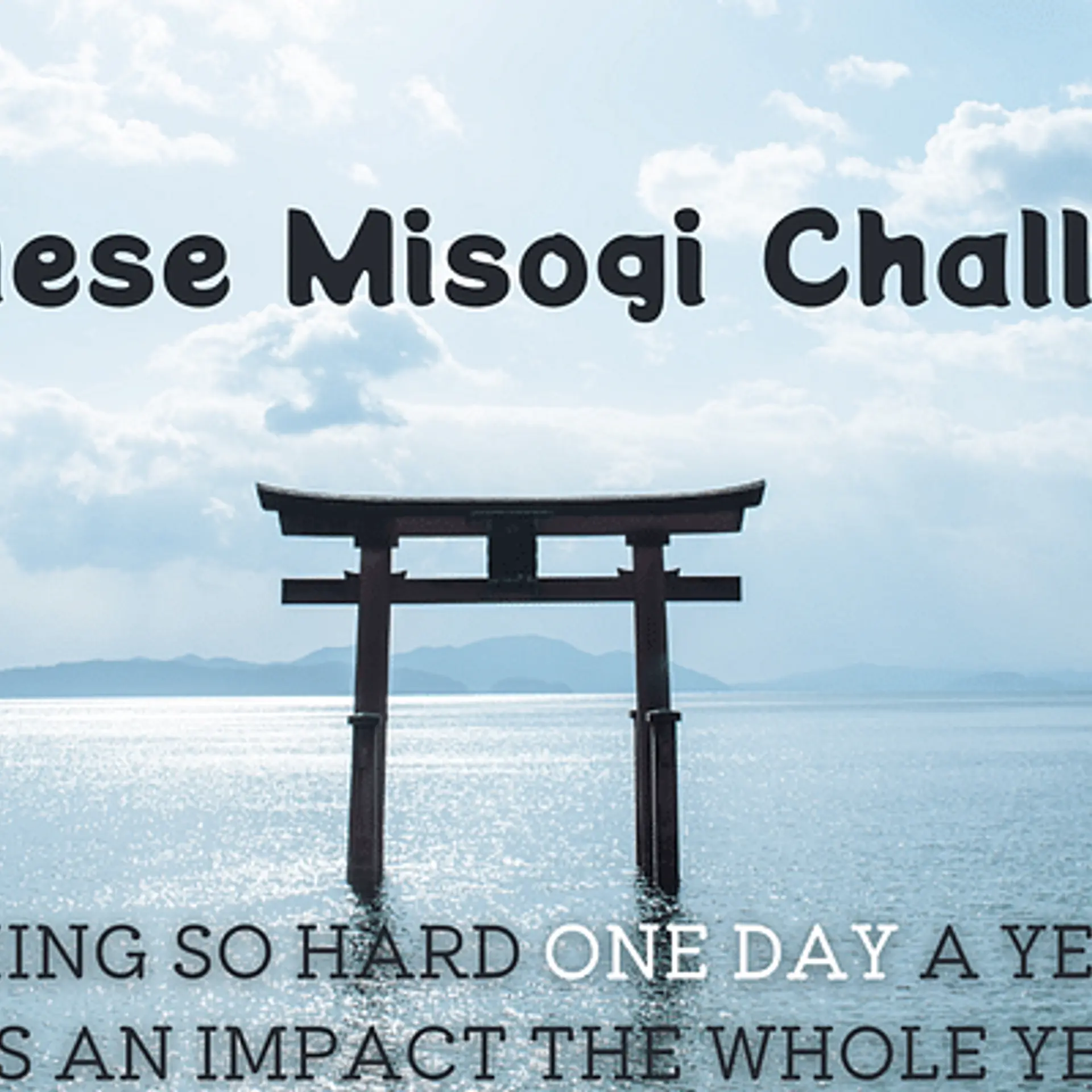This health management platform detects chronic ailments before it’s too late
Just Relief plans to introduce a health management programme that will allow its users to know their regular health conditions,
Chronic diseases such as heart disease, stroke, cancer, respiratory diseases, and diabetes are by far the leading cause of mortality in the world, representing 60 percent of all deaths, according to WHO data. Experts say a large number of such deaths can be prevented if the disease is detected in the early stages.

A personal pain point
A few years ago, Amit Goel, a Delhi-based entrepreneur, faced an agonising situation when his family members were found to be suffering from a chronic ailment. Their condition was serious, as the disease was detected at a very late stage.
Amit rues the fact that chronic ailments are often not detected in time for prompt action to be taken.
With an outlay of $1 million, Amit began working to fix this glaring gap and launched Just Relief in May 2016. Just Relief is a platform that offers online pharmaceuticals and healthcare products and services.
Just Relief claims to offer a 360-degree healthcare ecosystem inclusive of products and services. Their at-home vaccination and diagnostic service is one of the company’s key differentiators.
“We aim to expand Just Relief services by including features such as e-prescriptions, e-bills, digital health records and health management programmes. Our mission in the long-term is to create a bundle of never-before-seen services and offerings for customers,” says 34-year-old Amit.
He adds that through the health management programme, which will be the platform’s core product, he plans to address the issue of the late detection of chronic ailments. Through this, he plans to introduce various regular health check-up package programmes, through which users will be continuously aware of their health issues. The launch of the programme is due in March this year.
Raising pillars for biz
According to Amit, the current services are building a base for the core health management programme. Through its present business, the company has already built up a faithful potential consumer base for the upcoming product.
Currently, the company’s revenue is predominantly derived from the online pharmacy segment, which includes the sale of the medicines, OTC drugs, health and wellness supplements and lab tests.
The platform claims to have around 9,000 doctors and 32 hospitals onboard, along with over 15,000 customers and path labs across 12 cities in the country, including Delhi-NCR, Bengaluru, and Mumbai. It also claims to have clocked a GMV of Rs 1 crore per month.
Amit adds that he plans to introduce a subscription-based model for the health management programme, with subscription prices ranging between Rs 3,000 and Rs 50,000.
Eking out spends
According to Amit, he is sensibly maintaining the finances of the company and shies away from unnecessary expenses.
The bootstrapped platform is, however, in talks with investors, with plans to raise funds soon, which will go into the expansion of the company.
When healthcare booms
According to the Medical Council of India (MCI), there were 764,000 registered doctors in India at the end of 2015. These practitioners attend over 200 million diagnosed chronic patients in the country – a number that is steadily rising over time.
Experts say that there are over 65 million diagnosed diabetics and an additional 20-30 million pre-diabetics, around 100 million hypertensives, and 40 million asthmatics in the country today, with one million new cancer cases and 2.5 million tuberculosis cases diagnosed every year. There is, thus, a huge opportunity in the chronic disease management space in India.
MyHealthSaverz, MediAlert, Navia, and Medisafe are some of the platforms in the medical reminder category. Health Impetus and Cure Instant, and others, meanwhile, offer services to pharma companies.
According to a report released by the India Brand Equity Foundation, the market size of the health sector in the country, which was estimated to be $75 billion in 2012–13, is projected to reach $280 billion by 2020.
Tencent-backed Practo is among the leading players in this space, having acquired multiple startups such as FitHo, Genii and Qikwell. Practo has also entered the e-pharmacy segment. Accel-backed Portea and Tiger-backed Lybrate are other established players in the space.
Besides, the e-pharmacy space is already crowded, with players like 1mg, Netmeds, mChemist, Medd, DeliMedi, CareOnGo, and MediDali all trying to simplify the purchase of medicines in India.
In the past few years, the healthcare segment has witnessed the mushrooming of digital healthcare startups.
Besides patient-centric startups, some doctor-centric platforms have also come up. Curofy and Buzz4Health, medical networking apps that power communication between doctors, are other solution providers in this area.







